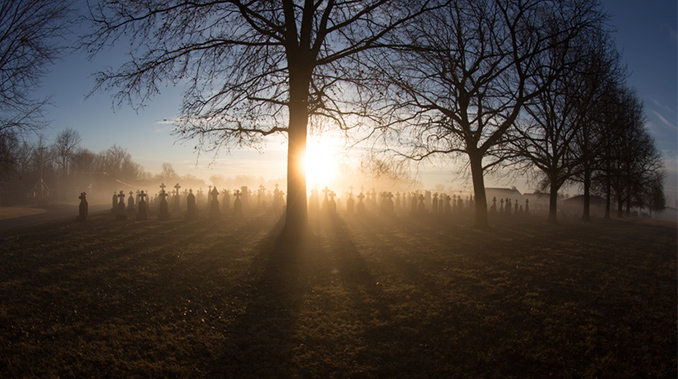E
exnihilo
Guest
It’s late for the person who took his own life. It isn’t for everyone else. That is the point. The instruction is for the living.Think of the context in which it is being said. It’s a bit too little too late isn’t it?
I don’t see a lecture. I don’t see a condemnation of them. To interpret the words that way is highly uncharitable. The family may be thinking that but it isn’t right thinking. While they may be grieving that isn’t an excuse to act or think badly. It is something to fight and not something to give in to.The young man is dead and I’m sure the family may be feeling guilt thinking they could or should have done something. Along comes this priest lecturing them.
A question I have about the whole thing is why did this become public knowledge? Why did the family give interviews to the press? They are so despondent but they want to talk to the press? I’ve met people like this before.
Last edited:

